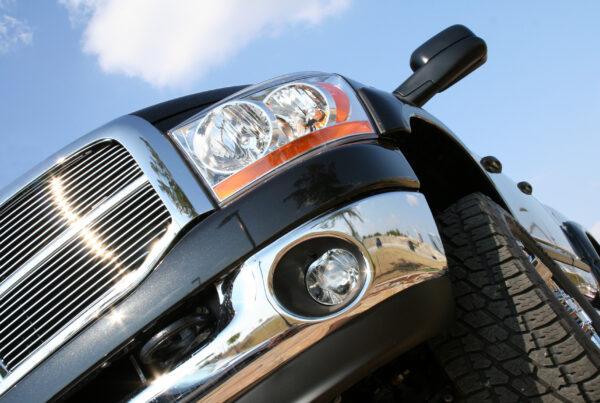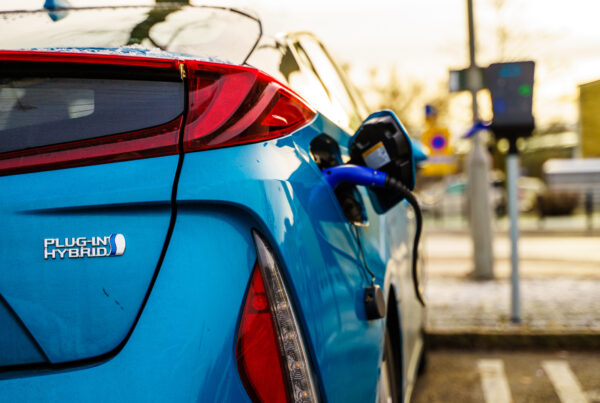Figures released in the UK found the mileage of fleets is significantly below advertised economy.
The Miles Consultancy (TMC) conducted an analysis on the mileage and fuel data from 21,000 fleet vehicles to measure the impact of the widening gap in advertised figures and real-world emissions and consumption results. The analysis compared each individual car’s official mpg (miles per gallon) figure with its actual performance as logged on TMC’s database of fuel transaction/mileage reports.
Diesels consumed over 28% extra, on average, on the road  than under official test conditions as stated by the manufacturer. This was higher than 25% the previous year. However overall advertised consumption of the diesels was slightly better from 62mpg to 66mpg from 2015 to 2016 – under real-world conditions they were only 0.9mpg more economical.
than under official test conditions as stated by the manufacturer. This was higher than 25% the previous year. However overall advertised consumption of the diesels was slightly better from 62mpg to 66mpg from 2015 to 2016 – under real-world conditions they were only 0.9mpg more economical.
While petrol cars were marginally closer to real-world data, they still managed a 19% discrepancy, an average of 9mpg less than the official number.
Managing director of TMC, Paul Hollick, says the knock-on cost figures are staggering.
“We are looking at a total annual discrepancy of around £50 million (AU$82.8m) in fuel costs and 17,000 tonnes of CO2,” he said.
The real-world margin measured by TMC adds up to almost using an additional £1800 (AU$3000) extra fuel and another 2.4 tonnes of CO2 emitted per car over a typical 60,000 mile lease cycle.
“The question businesses should ask themselves is whether is is still commercially or environmentally sustainable for the to rely on official figures that are 30% adrift…when they can easily build fully-accurate, real-world data about their fleet assets into policy and operational decisions.”
Hollick said introduction of new mpg/CO2 testing is welcomed over the 30-year-old current bench testing cycle.
“Nothing can beat the value of real-world information from your own assets,” he said.
TMC’s comparison between official (Vehicle Certification Agency) published fuel consumption data and real-world data held by TMC for 20,121 diesel and 1079 petrol vehicles between January and September, 2016.



















